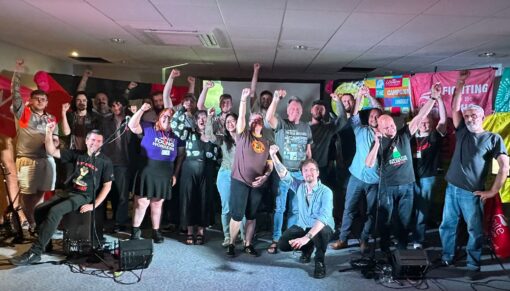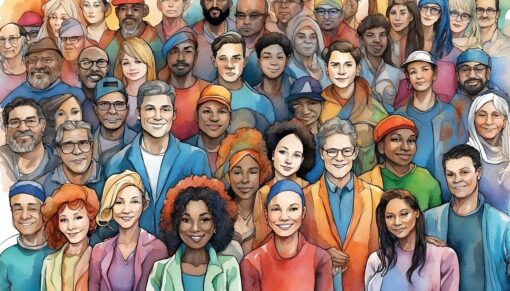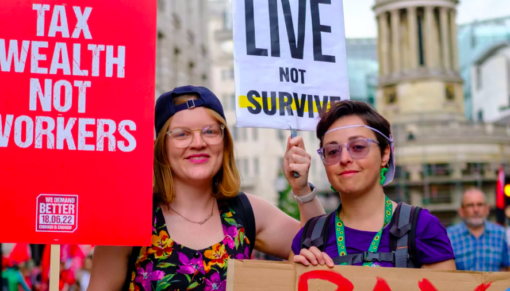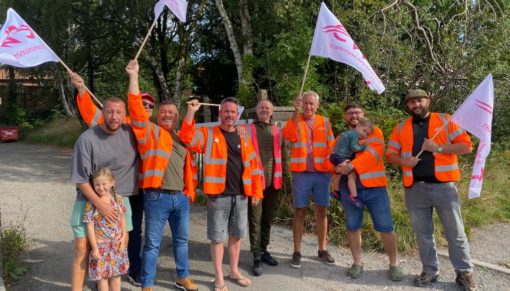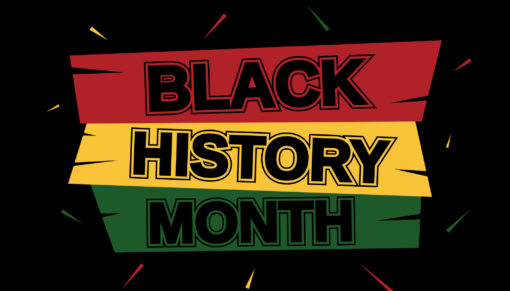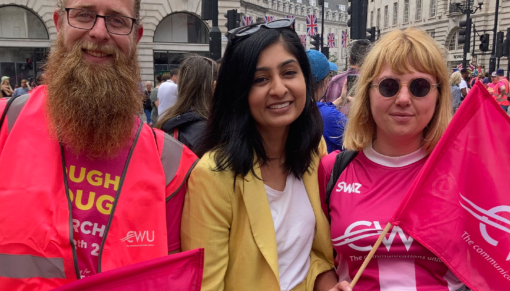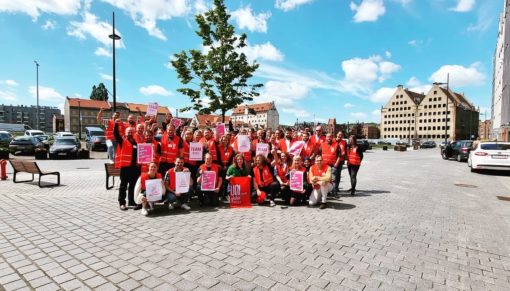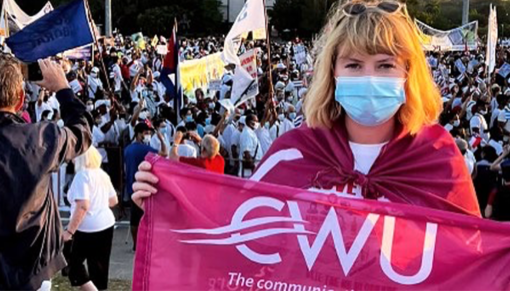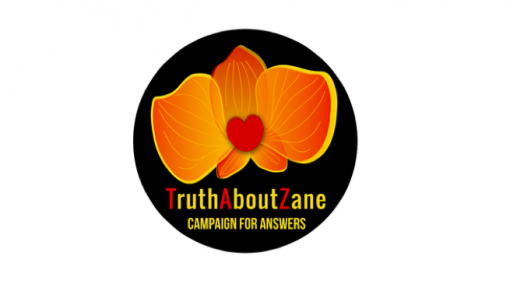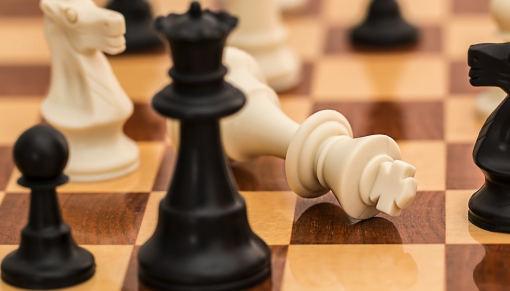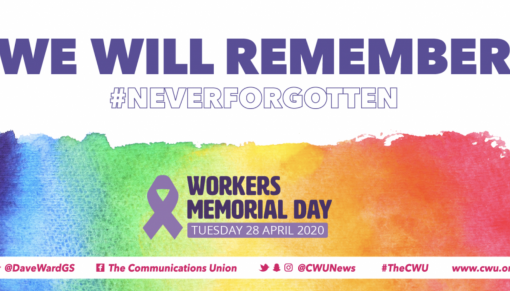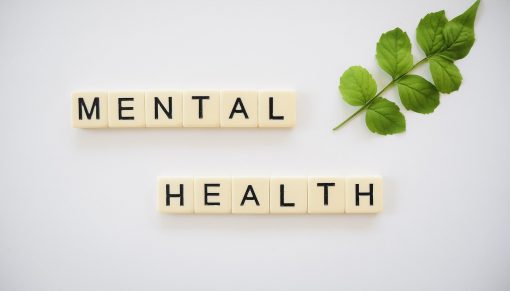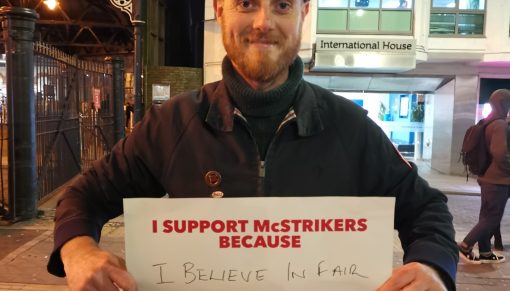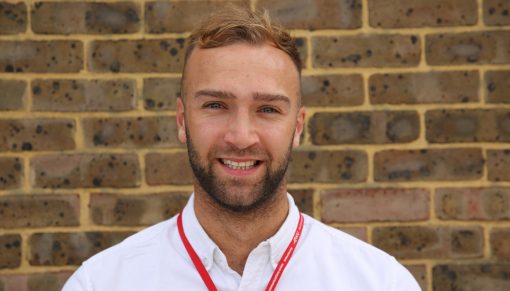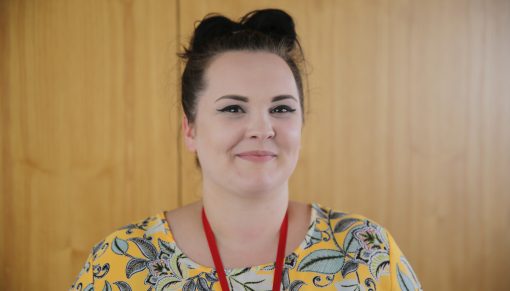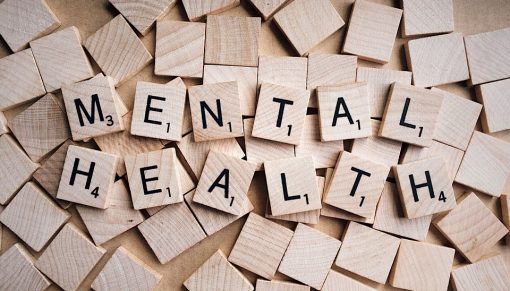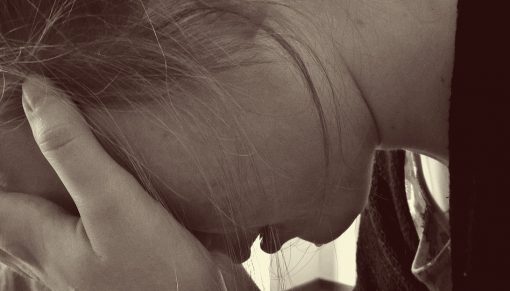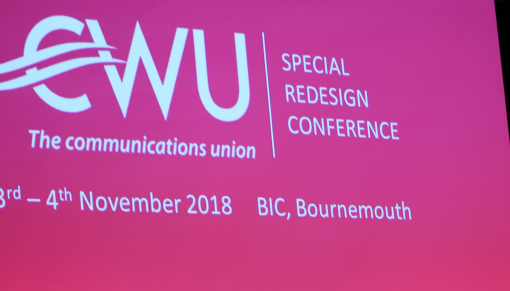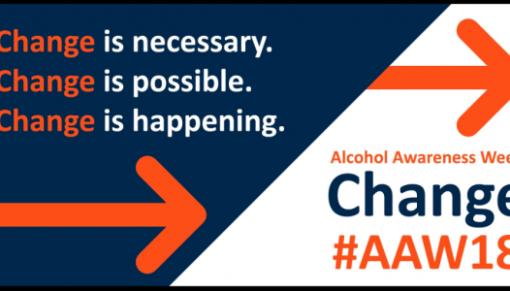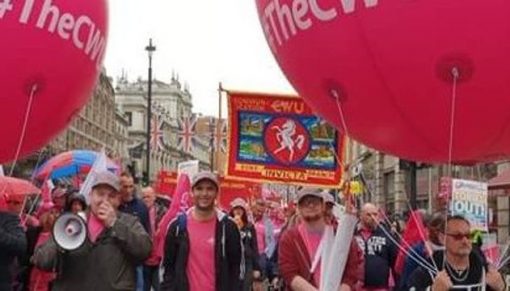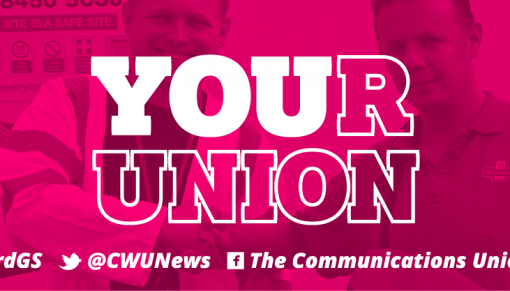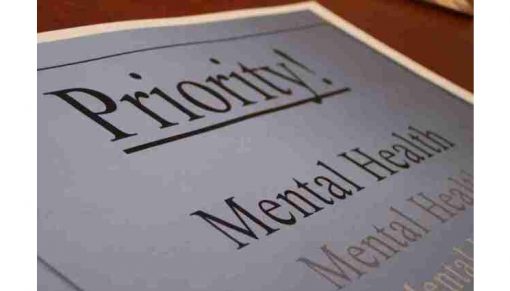Written by a fellow young worker who is captain of this boat
November 29 2019Approximately 1 in 6 people per year every year experience a mental health issue. It’s no secret that bad mental health has been on the rise in recent years. There are more and more young people across the country being affected every day.
So why? Why has mental health become such an issue in our society?
Throughout the years mental health has always had a stigma attached to it; all the way though history mental health has been perceived negatively. As recently as the 1950s if anyone was suffering from any kind of bad mental health it was thought they were unwell, the sick were sent away to get “treatment” (this was really just sectioning into a psychiatric hospital, where they received treatments like lobotomies or Electroconvulsive therapy). Treatment of people back then was awful, and if you cycle back through the years further you’ll see the methods used become even more primitive. So why was treatment so bad? There were no exploratory options as medicine wasn’t that advanced to deal with mental health; but it was also because there was a genuine lack of understanding of bad mental health. People looked at the brain as an organ that worked and could be fixed as a whole; whereas now we recognise that even though our brain is an organ, it has a lot to do with chemical imbalances happening in the brain.
Another factor I think has played a big role in our society is the belief that being open about your feelings is somehow weak. I can remember growing up and hearing phrases like “you’re a big girl now don’t be upset” or “don’t cry you’re a big boy”. Phrases like these grew little emotional boys into men who feel it’s now unfavourable to express emotion at any level beyond happiness or anger and little girls into strong willed women who don’t want the world to see them as weak, so they cry in secret.
Something else that plays a big role is the thought of everyone being on the same timeline. When I was about 18 I started thinking about wanting a place of my own, my own house with a garden. When I mentioned it to my mum I got the whole “when I was 20 me and your dad had a house” speech. At that time it actually made me feel like I’d failed; I kept thinking “well I’m 18, how come I’m not nearly there?” I started panicking thinking my time to get a house was nearly up. For clarity, I didn’t buy my first house until I was 24 (6 years later). I’d felt like a massive failure because I couldn’t achieve what I wanted by her age, when in actual fact I was working towards it and doing bloody well. I think it’s a really important one for people to learn: Your timeline is your own, it’s not a race. This was the biggest thing for me growing up because I’d been raised to achieve and try and push hard for what I wanted; it was like 3 steps forward 2 back. It took me a long time to not think like that.
Finally, I think social media is a massive factor in bad mental health. A persona whole world seems to be based or linked in some way to social media now. I think some people are more concerned about what’s going on with other people, others are eager to show everyone what’s going on with themselves that we never actually take the time to appreciate people in real life and those friendships we worked so hard to make in the first place.
How can we turn this around?
We need to educate ourselves and our children about mental health, the good, the bad and the downright ugly of it all. We need to face it head on and start being honest that it can happen to anyone. We need to start doing things to raise more awareness; teach our kids in schools what it looks like when someone isn’t ok, or teach them just to be kind; employers across the UK need to implement a strategy so they can start educating everyone about mental health via a Mental Health First Aid or Mental Health Awareness course.




